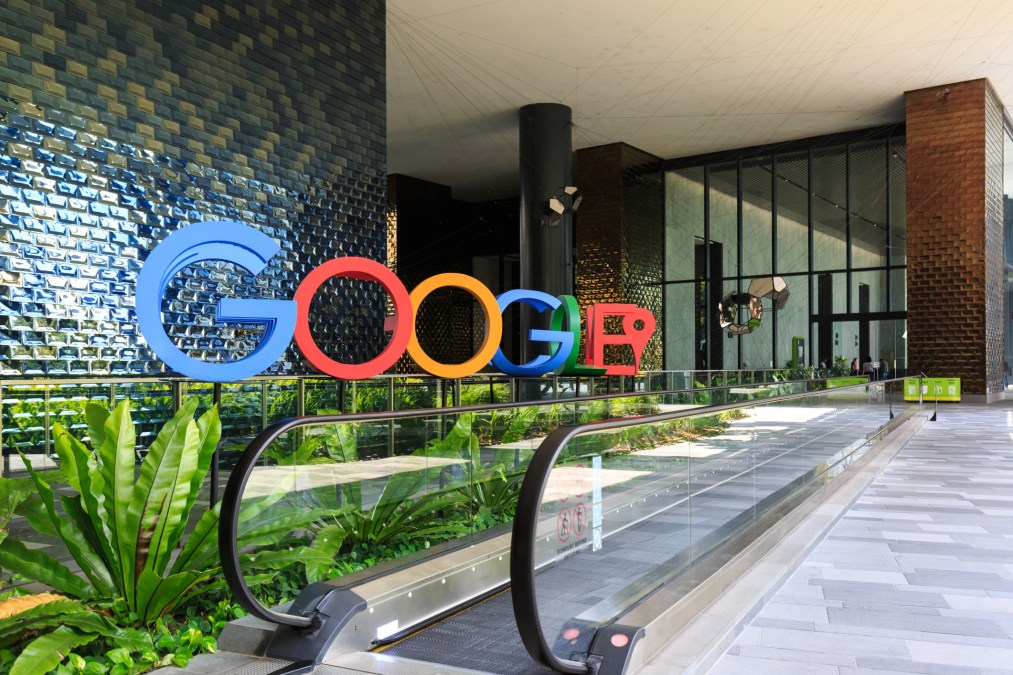How Russian operatives also used Google to influence Americans in 2016

While Russian propagandists relied heavily on Facebook and Twitter to spread disinformation before the 2016 U.S. presidential election, a new congressional report elaborates on how they also used Google and YouTube to sway Americans’ public opinion in favor of Donald Trump.
The Senate Intelligence Committee on Tuesday released a report detailing expansive, and ongoing, information warfare directed against American internet users. The 85-page explanation confirmed much of what was already known about Russian operations: a Kremlin-directed effort utilized an array of social media networks, with their targeted advertising capabilities, to provoke and confuse likely voters ahead of a contentious presidential election. Facebook, Instagram and Twitter were the most crucial aspects of this effort, though Russia’s Internet Research Agency also leveraged Google and its subsidiaries for its own gain.
“Periodically, particularly in the context of fast breaking news, Google’s algorithm can elevate extremist content or disinformation to the top of certain searches,” the Senate report said. “Days after the 2016 presidential election, a falsified media account of President-elect Donald Trump having won the popular vote briefly ranked higher than stories that accurately reflected the U.S. popular vote result.”
Facebook and Twitter have been the subject of ongoing public scrutiny since the revelations that their services, which enable marketers to access detailed personal information on unwitting users, were exploited by foreign governments. Google has received relatively less attention and, while the Senate report notes there is “little evidence” that Russia used Google to the extent it used Facebook and Twitter, “IRA operatives were not…entirely absent[.]”
YouTube proved to be the most valuable tool for carrying out the plan. IRA agents started posting inflammatory content to YouTube in September 2015, ultimately resulting in 1,100 videos, or 43 hours of content, posted to 17 YouTube channels, the Senate found. The “overwhelming preponderance” of the content was aimed at African-Americans, and they focused particularly on police brutality and the Black Lives Matter movement (channels had names like “PoliceState” and “Cop Block US,” among others).
“The content of the videos posted to those channels exploits issues of extraordinary sensitivity inside the African-American community,” the report went on.
Of those 1,100 videos, a mere 25 included election-related keywords in the title, per the report. All of those political videos were against Hillary Clinton, with some pushing clear “voter suppressive content intended to dissuade Africa-American voters from participating in the 2016 presidential election, while others encouraged African-Americans to vote for Jill Stein.”
Google’s search functionality also was a priority. The IRA devoted an entire department of employees to search engine optimization, according to Special Counsel Robert Mueller’s 2018 indictment of accused IRA members, and search results for politically sensitive topics like flight MH-17 and the poisoning of Sergei Skripal are littered with fake news and conspiracy theories, the report added.






